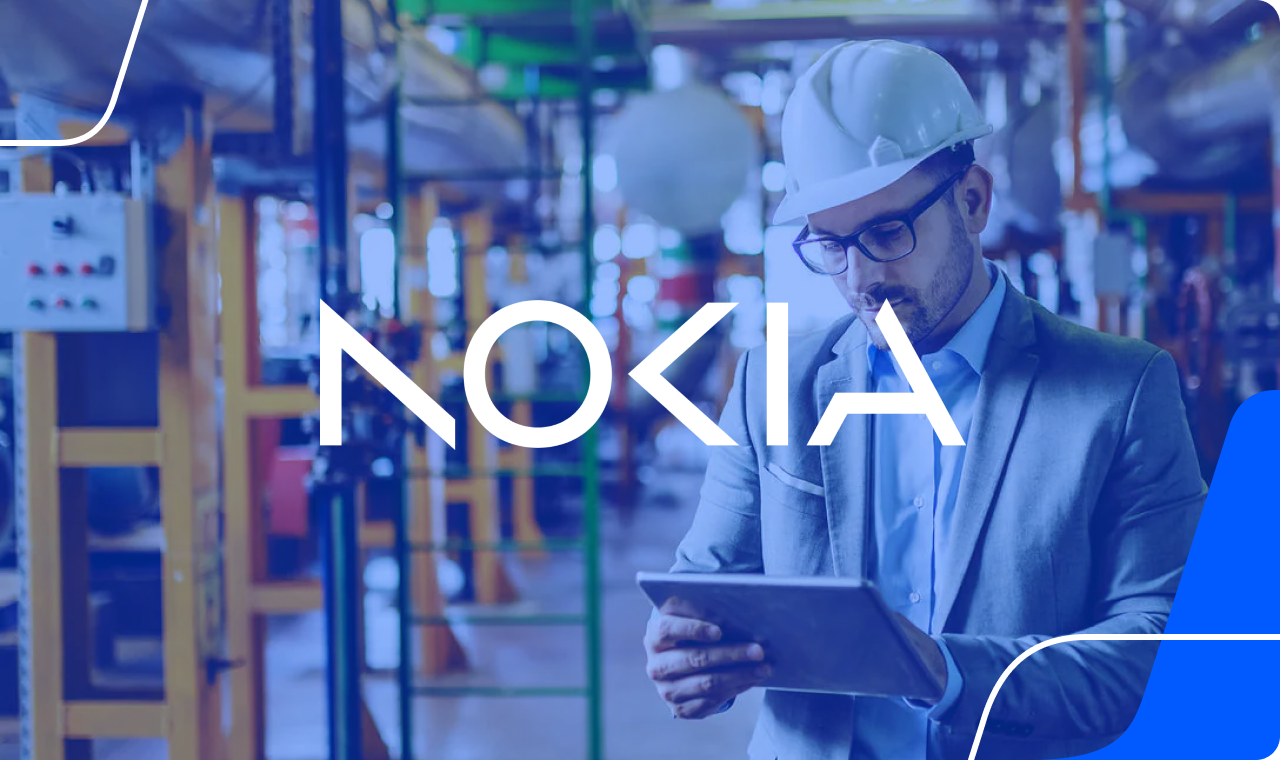- Solutions
- Solutions primary
- BY TEAM
- BY INDUSTRY
- BY USE
- BY SIZE
- View all solutions
- Solutions secondary
- Solutions primary
- AI
- Features
- Features primary
- Most popular
- first column
- second column
- third column
- fourth column
- View all features
- Most popular
- Features secondary
- Choosing the right plan
- Features primary
- Integrations
- Integrations primary
- MOST POPULAR
- first column
- second column
- View all integrations
- NEW
- first column
- second column
- View all integrations
- MOST POPULAR
- Integrations secondary
- Integrations primary
- Pricing
- Resources
- Resources primary
- Most popular
- first column
- second column
- third column
- Most popular
- Resources secondary
- Latest Blogs
- Try CloudTalk
- Resources primary
- Partners
FEATURE VS. FEATURE
Cloud Telephony vs. VoIP: Differences, Pros and Cons
Are you struggling with the rising costs and inflexibility of traditional phone systems? Explore differences between Cloud-based telephony software and VoIP. Choose the right communication tool for your business.
Cloud
Telephony
VoIP
Main differences between
Cloud Telephony & VoIP
Parameter
Cloud Telephony
VoIP
Hardware
No physical hardware – works on mobile phones, laptops, and tablets.
It may sometimes need a physical hardware installation
at the office premises.
Scalability
Easily scalable and adjustable (you can add new users within minutes).
Scalability may be limited in some cases – if you use landline phones, you have to install additional hardware.
Maintenance
Provider does all the maintenance.
In case of on-site hardware issues, you have to take care of the maintenance.
Remote work
Since you are using your own hardware devices, you can work from anywhere.
Remote work may be impossible if you are relying on traditional landlines installed in an office.
Data storage
All of your data is safely stored in the cloud.
If you store your data in internal data centers, it may get lost.

What is Cloud Telephony
& how does it work?
Cloud telephony is a unified communication technology that routes phone calls through the internet replacing phone lines with the cloud. Phone services are hosted on remote servers and accessed via the internet.
This calling solution is flexible, scalable, and cost-effective. You can easily adapt your phone systems to changes because there’s no need for physical infrastructure. You’ll also get advanced features like Virtual Numbers, Automated Call Routing, and Call Analytics.
What is VoIP
& how does it work?
VoIP is an acronym for a Voice over Internet Protocol. It converts voice signals into digital data packets. Those are then transmitted over the internet, with no need for traditional phone lines. Once the data packets arrive at a recipient’s end, they transform back to voice signals.
VoIP software is cost-effective, scalable, and offers a wide range of features. If you are seeking an efficient and affordable communication solution, it’s a great choice.

Pros & Cons of Cloud-based Phone Systems
Cloud Telephony
Call Instantly With Easy Setup
Set up your cloud-based phone system quickly and eliminate the need for lengthy on-site hardware installation. You can start calling within minutes.
Build better connections with advanced features
Get a wide range of advanced features to build better customer relationships. Make informed decisions with Call Analytics or automate sales campaigns with Auto Dialers.
Sync With Tools You Love
Use CRM integrations to sync your cloud-based calling system with tools you love. Work more efficiently and build an unified data hub.
Save On Hardware And Maintenance
Lower your upfront costs and reduce maintenance expenses. Cloud-based systems are often more affordable than traditional phone systems.
Call Quality Depends on Connectivity
Relying on an internet connection makes you vulnerable to network outages. It slows down your processes and can negatively impact the quality of your service.
There’s a Risk Of Data Breach
Storing data in the cloud raises concerns about data security and privacy. While cloud providers implement robust security measures, there’s always a risk of data breaches.
Subscription May Be Pricey
Over time, the recurring subscription costs of cloud-based phone systems can accumulate and surpass the upfront investment in a traditional on-premises system.
VoIP
Save Money on International Calling
Avoid expensive long-distance calling charges with features like International numbers and save both yours and customers’ money.
Embrace Freedom With a Remote-friendly Solution
Break down geographical barriers. VoIP lets you receive calls from anywhere with an internet connection. This possibility is invaluable for remote teams.
Adjust Your Calling Software As You Grow
VoIP adapts to your needs, no matter the size of your business. The highly scalable and adjustable software helps you grow seamlessly.
Optimize Workflows With Diverse Features
Get a diverse range of features for any business size and make team collaboration easier. Optimize workflow and maintain meaningful interactions with clients and partners.
You Need a Reliable Internet Connection
Just like cloud-based software, VoIP relies on a stable internet connection. You may experience delays, packet loss, and reduced call quality if your internet connection falters.
Location tracking May Be Limited
VoIP technology may fail to provide accurate location information to emergency services when a user dials 911. It can happen that VoIP doesn’t transmit accurate geographic data.
You Can Face Security Threats
Depending on a provider, VoIP can be vulnerable to security threats and cyberattacks like hacking, eavesdropping, and other malicious activities.
OUR FEATURES
Discover 4 most popular
VoIP features
FAQs
Is a cloud phone based on VoIP?
Yes, cloud phone systems are based on VoIP (Voice over Internet Protocol) technology, which enables voice communication over the internet. Cloud phone systems utilize VoIP to provide flexible and scalable phone services through the internet, making them a subset of VoIP technology.
What are the disadvantages of Cloud Telephony?
Since call quality depends on connectivity, Cloud Telephony is vulnerable to network outages. There’s also a slight risk of data breach. Additionally, costs of cloud-based phone systems can accumulate and eventually surpass the upfront investment in a traditional on-premises system.
What is the difference between Cloud Voice and Cloud Phone?
Cloud Voice generally refers to any voice-related service hosted in the cloud, including VoIP and other telephony solutions. On the other hand, Cloud Phone refers specifically to a phone system hosted in the cloud, utilizing VoIP technology to deliver phone services over the internet.
Do I need a computer to make VoIP phone calls?
While a computer is not obligatory for making VoIP calls, a broadband internet connection is essential. Therefore, besides a computer or laptop, you can make calls via mobile phone, tablet, and other devices connected to the internet.
Are VoIP calls secure?
Security breaches occur rarely. As a VoIP subscriber, you can choose to encrypt your calls, ensuring complete security. If data protection is essential for your business, encryption is the ideal choice.
Can I use my existing handsets with a Cloud Phone System?
Certainly, you can utilize your existing legacy phone with a Cloud-based System. Yet, doing so means forfeiting numerous advanced features that come with cloud-enabled devices. If transitioning to a cloud-based phone system, it’s highly beneficial to opt for devices where you can fully leverage the advantages.
CloudTalk is a data-driven solution for exceptional customer experience and intelligence is a key part of it.
Schedule a demo today and find out for yourself.































